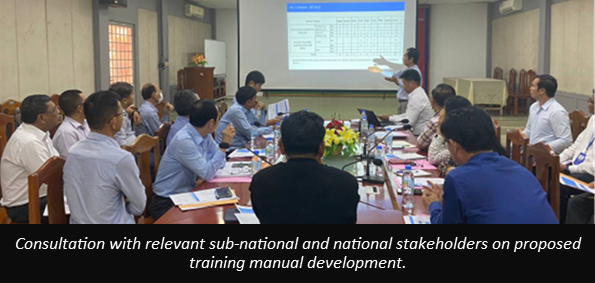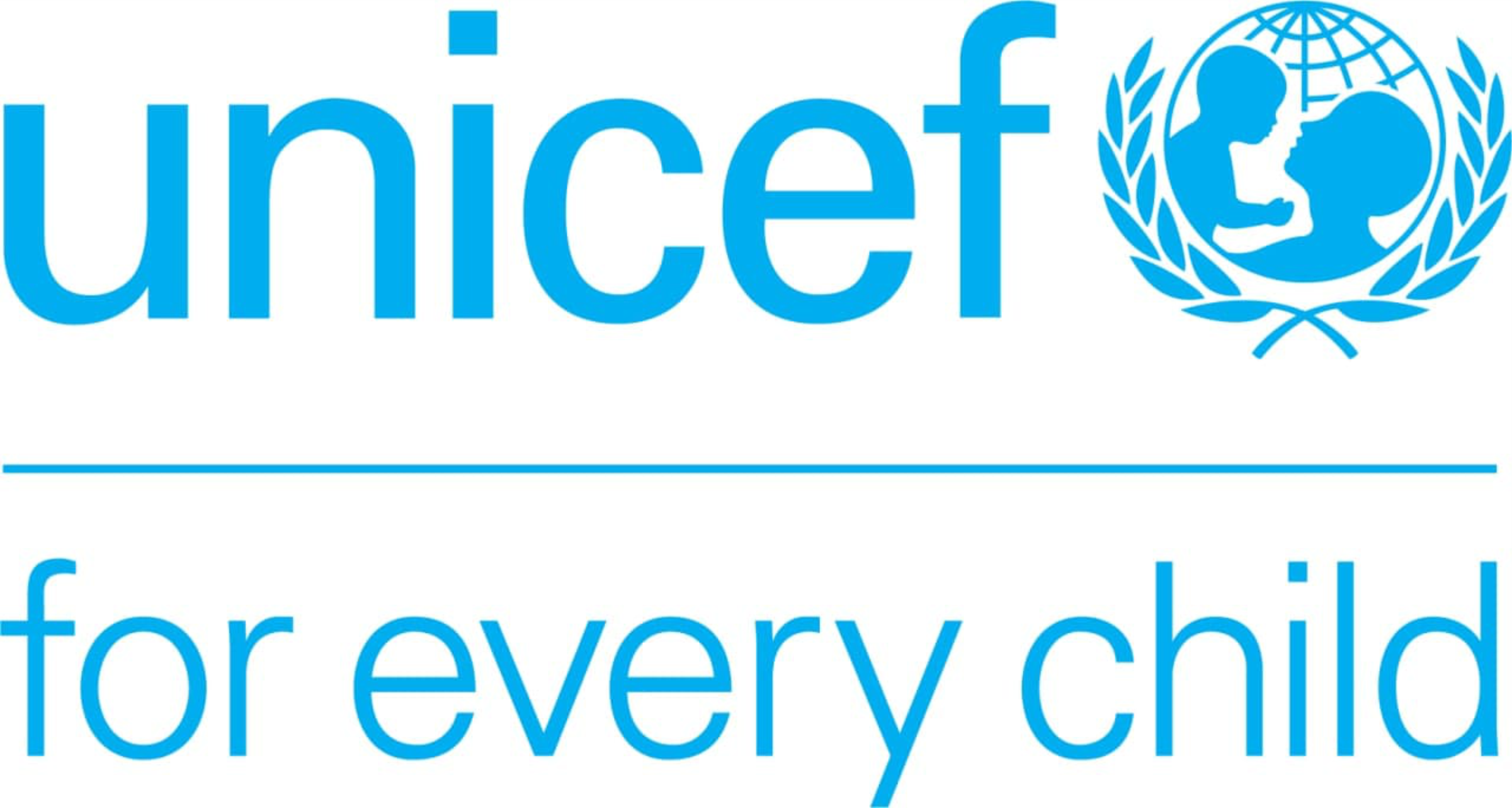Current Projects
Local Life Skills Education (LLSE) Project
 1. Project Profile
1. Project Profile
The project, titled "Capacity Development for MoEYS Local Life Skills Education Working Group (LLSE WG) to Expand Local Life Skills Education and Volunteer for My Community Programmes," is implemented by Kampuchea Action to Promote Education (KAPE) in partnership with UNICEF’s Phnom Penh Office. It runs from July 1, 2024, to June 30, 2026, covering 15 provinces in Cambodia, including Battambang, Kampong Cham, and Phnom Penh. The total budget is USD 279,849.18, with UNICEF contributing USD 249,969.43 and KAPE providing USD 29,879.75.
2. Main Goal
The primary goal is to enhance the capacity of the Ministry of Education, Youth and Sport (MoEYS) Local Life Skills Education Working Group and sub-national education authorities to expand the Local Life Skills Education (LLSE) and Volunteer for My Community (VMC) programs. This includes developing training materials, mentoring systems, and integrating these programs into national education frameworks to foster sustainable skill development for students.
3. Project Update
 As of July 2024, the project has been initiated, with key activities such as coordination meetings with MoEYS, material development, and planning for Training of Trainers (ToT) sessions underway. The project is on track to finalize the LLSE training package and mentoring curriculum, with pilots planned in selected model districts in 2024 and 2025. The digitalization of the Reference Book and the design of a monitoring database are also in progress.
As of July 2024, the project has been initiated, with key activities such as coordination meetings with MoEYS, material development, and planning for Training of Trainers (ToT) sessions underway. The project is on track to finalize the LLSE training package and mentoring curriculum, with pilots planned in selected model districts in 2024 and 2025. The digitalization of the Reference Book and the design of a monitoring database are also in progress.
4. Project Key Activities
- Developing and finalizing the LLSE training package and mentoring curriculum
- Conducting ToT sessions for 45 MoEYS Master Trainers
- Piloting training and mentoring in three model districts in five new provinces
- Digitalizing the Reference Book for MoEYS’s website
- Designing a database for quality assurance and integration into Education Management Information Systems (EMIS)/Human Resources Management Information Systems HRMIS; and
- Supporting the accreditation of LLSE and VMC as a CPD course.
5. Targeted Beneficiaries
The project targets MoEYS LLSE Working Group members, Provincial and District Education Office staff, school directors, teachers, and students (particularly from marginalized groups, including those with disabilities, ethnic minorities, and low-income families) in high schools and lower secondary schools across 15 provinces.
6. Targeted Area
The project covers 15 provinces: Battambang, Kampong Cham, Kampong Speu, Kampong Thom, Kampot, Kratie, Mondul Kiri, Phnom Penh, Preah Vihear, Prey Veng, Ratanak Kiri, Siem Reap, Stung Treng, Takeo, and Tbaung Khmum.
7. A Glance Into the Future
The project aims to institutionalize LLSE and VMC programs within MoEYS systems, ensuring sustainability through trained Master Trainers, accredited CPD courses, and integration into national education frameworks. By 2026, it expects to enhance mentoring capacities and establish a robust monitoring system for long-term impact.
8. Time Period
- Start Date: July 1, 2024
- End Date: June 30, 2026

9. Donor
The primary donor is UNICEF, contributing $249,969.43 USD, with KAPE providing $29,879.75 USD as a partner contribution.
#LocalLifeSkills #LLSE #kapeprojects #UNICEF
117
Preschool(s)
178
Primary Schools
207
High Schools
2
Higher Education Institutions
163,072
Students
4,487
Teachers/Directors
5,362
Stakeholders




